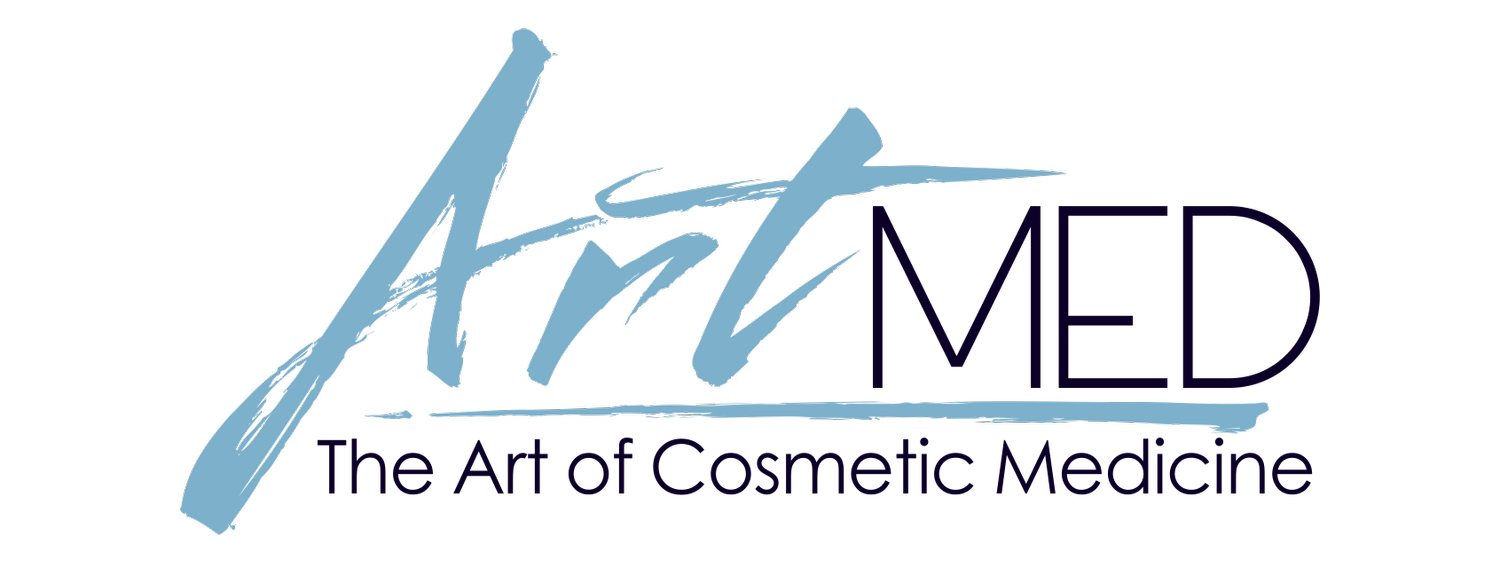Acne 101: Why & What To Do About It
Acne is a multifactorial problem which is why it can be so difficult to treat. There are essentially four major factors contributing to acne:
hormonal issues and/or related excess oil production
propioni bacteria colonization (bacteria levels increase with excess oil production)
inflammation
abnormal or disordered sloughing of skin cells from the skin surface
In order to most effectively treat acne all four factors should be addressed in the treatment plan.
Hormonal issues can be treated with oral contraceptive pills in women, and sometimes with a medication called spirinolactone (more commonly used in adult onset acne) and these will usually reduce oil production. For men, there’s really no way to reduce oil production except with the use of Accutane which is only indicated for very serious acne especially if the acne is leading to disfiguring scars.
Bacteria can be addressed through both topical and oral routes with prescription medications. Topically there are antibiotic preparations (such as clindamycin), and also medications that are not antibiotics in the traditional sense but have antibiotic properties like benzoyl peroxide. Oral antibiotics should be low dose and slow release if possible. Often the -cyclin antibiotics are used such as minocycline, doxycycline or tetracycline because they have anti-inflammatory properties too. There is a low-dose, slow release form of doxycycline available by prescription which is safer for longer term use.
Inflammation is a serious symptom that is often under appreciated. Certain people can be more pro-inflammatory and thus more prone to the cysts, nodules, redness and pustular lesions seen with severe acne. Topical and oral agents that reduce inflammation are an important aspect of the treatment plan. Again, benzoyl peroxide is a good and inexpensive option in this area. Scrubbing the skin, dermabrasion, power cleansing brushes etc. can contribute to increased inflammation so they should be avoided.
Disordered desquamation or sloughing is often the least understood contributing factor to acne. When your skin is renewing itself, new cells are produced in the dermis and mature slowly from the basal layer of the skin and upward through to the epidermis. Eventually the mature epidermal cells are sloughed off and replaced from below. When the time comes for those skin cells to be sloughed off, sometimes the bonds between the cells won’t break easily and the cells come off irregularly or too slowly which leads to blocking of the pores, thickening of the top layer etc. This leads to blockage of oil glands, back up of oil, overgrowth of bacteria and then inflammation, infection and thus serious breakouts. So the key is to get the epidermis sloughing off regularly and evenly. Disordered desquamation can be treated with retinols and acids (alpha and beta hydroxy acids, salicylic acid, lactic acid etc.). Chemical peels can jump start the sloughing process and topical retinols or acids can maintain regular sloughing. Retinols can be quite irritating if used at too high a concentration, so I recommend low dose, slow release retinols at nighttime and if tolerated the dose can be slowly increased over time. Accutane is the grand daddy of all retinols and both dries up oil and causes significant ongoing sloughing which is why it is so effective in treating acne. Acne management plans should include aspects of care to address all four causes wherever possible.
Once acne is in remission and breakouts are fewer and less severe the longer term damaging effects of acne can be addressed. This includes the redness, hyperpigmentation and scarring that are frequently seen in severe acne.
Redness and hyperpigmentation can often be treated with BBL (Broad-Band light therapy - A.K.A. IPL). Typically 3 or 4 treatments are necessary. Chemical peels can also help in this area. Scarring that is mild to moderate can often be improved with micro-needling treatments and more serious scars (depressed or ice pick scars) are best addressed through the use of fractionated laser such as Fraxel Dual which can also improve hyperpigmentation (4-5 treatments are often necessary).
I don’t usually recommend scar treatment until the acne is well in remission because you don’t want to invest in scar management only to have ongoing active acne scarring your skin again.
Seeing an experienced cosmetic medicine physician/dermatologist who has access to all these modalities is ideal.

